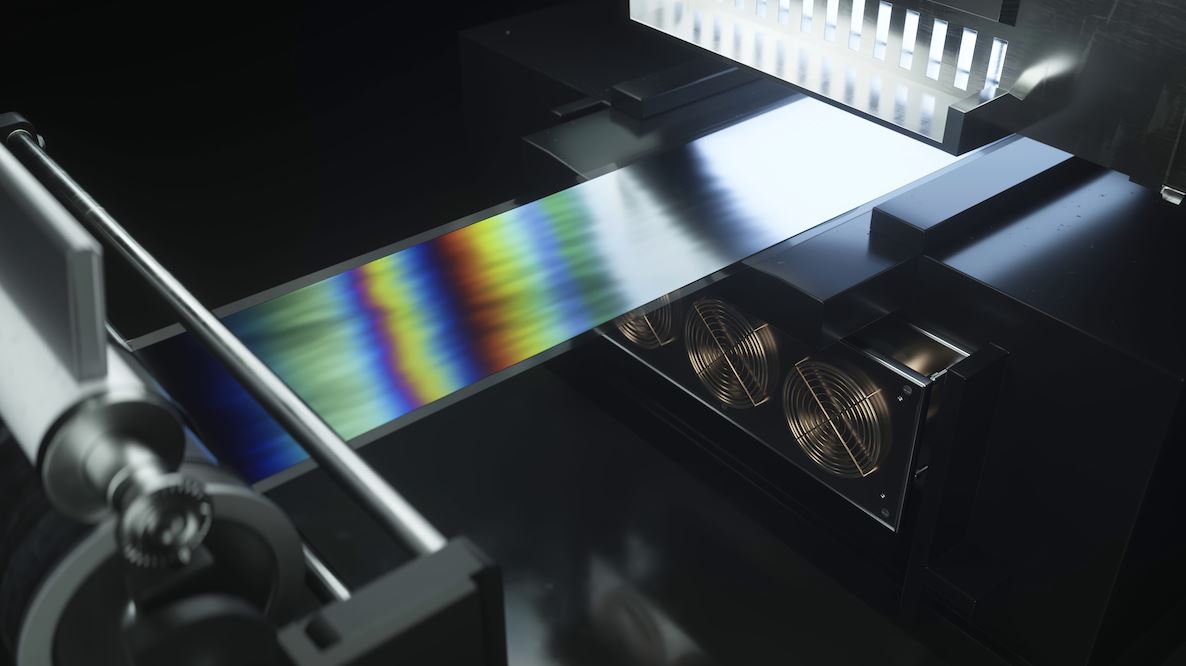A consortium led by Halocell Energy, including First Graphene and Queensland University of Technology, has been awarded a grant of $2,028,773 from the Australian government’s Cooperative Research Centres Project, or CRC-P initiative.
The project has been funded for three years and aims to commercialise “ultra-low-cost, flexible perovskite solar cell” fabrication using New South Wales company Halocell’s roll-to-roll (R2R) production process at its Wagga Wagga plant.
The solar cells will reportedly be “graphene-enhanced,” with First Graphene’s focus centring on research, development (R&D) and cost-effective graphene-based electrode replacements for high-cost conductor materials, such as gold and silver, used in cell production.
It says such formulations can be 38% more efficient than traditional solar cells and 83% cheaper to produce.
“Our collaboration with Halocell Energy and QUT will help develop new materials and processing technology for high performance perovskite solar cells, opening the door for high-tech commercial materials and manufacturing of cell components in Australia,” First Graphene’s Managing Director and CEO Michael Bell said.
“Validation of these graphene-based materials will help build a strong business case for full-scale commercial production of both perovskite cells and the materials needed to make them in large volumes,” Bell added.
Despite the fact silicon solar cell technology was invented at the University of New South Wales, Australia does no manufacture solar cells at all today. Tindo Solar is Australia’s only solar manufacturing company, but imports solar cells from China.
This project is seeking to re-inject some life into Australia’s solar manufacturing scene. In terms of the project responsibilities, First Graphene provide R&D resources including labour, equipment, laboratory space, formulation and testing expertise to produce optimum graphene systems. First Graphene has a view to scale up and supply graphene products in the latter phases, it said.
Meanwhile, the Queensland University of Technology is set to provide expertise in material development, facilities for advanced material characterisation and testing, and assistance in developing Halocell’s roll-to-roll process for perovskite cells and module production.
The $2 million grant was awarded under Round 14 of the government’s CRC-P collaborative research funding stream and will support the project over three years.
This content is protected by copyright and may not be reused. If you want to cooperate with us and would like to reuse some of our content, please contact: editors@pv-magazine.com.









3 comments
By submitting this form you agree to pv magazine using your data for the purposes of publishing your comment.
Your personal data will only be disclosed or otherwise transmitted to third parties for the purposes of spam filtering or if this is necessary for technical maintenance of the website. Any other transfer to third parties will not take place unless this is justified on the basis of applicable data protection regulations or if pv magazine is legally obliged to do so.
You may revoke this consent at any time with effect for the future, in which case your personal data will be deleted immediately. Otherwise, your data will be deleted if pv magazine has processed your request or the purpose of data storage is fulfilled.
Further information on data privacy can be found in our Data Protection Policy.